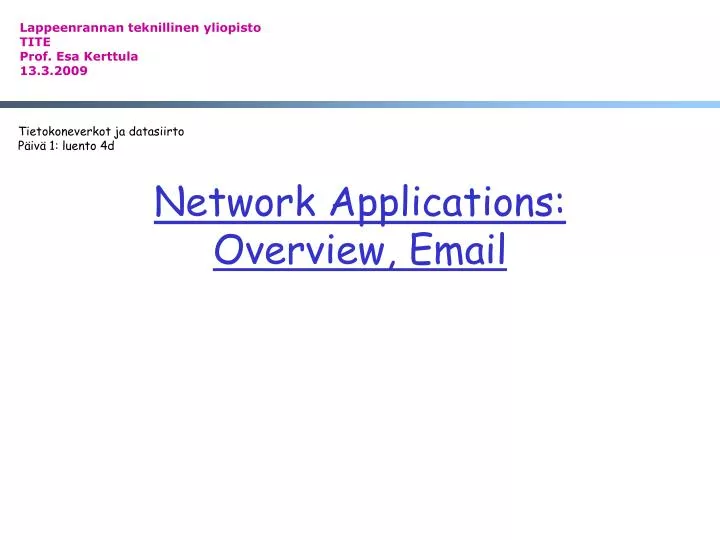



* Identifying appropriate operational policies, actions, and approaches to strengthen the information management systems of project stakeholders * Assessing the information management needs and opportunities for project stakeholders S/he will support activities in all project countries. The Knowledge Management Advisor will use best practices to create information management plans, document lessons learned, and organize activity information from diverse databases and multiple sources. Through the project, USAID will issue requests for studies, research, and analytical support to help BHA strengthen humanitarian response planning. The goal of SPADE is to provide the Bureau for Humanitarian Assistance (BHA) with a flexible mechanism to provide timely technical services and support. The United States Department of Labor has identified geotechnology among the three fastest growing industries along with nanotechnology and biotechnology.Tetra Tech International Development is currently accepting expressions of interest from qualified candidates for a Knowledge Management Advisor on an anticipated global project based in Washington, D.C.
Fews net applications software#
The growing availability of spatially referenced data and advances in computer science, mathematics, spatial statistics, and sophisticated graphical software programs has resulted in the development of research tools, techniques, and an ability to analyze massive amounts of data through what has been termed spatial analysis. We live in a three dimensional world that operates within a fourth dimension of time, yet many people have difficulty visualizing complex processes and multivariate phenomena composing the essential foundations that enable us to function. In addition to reading, writing, and arithmetic, the fourth element that is critical to understanding the manner in which the world functions is through spatial literacy. The means to resolve many of the worldwide problems societies will face throughout the 21st century will require an ability to think, reason, communicate, and analyze a plethora of data using technical computer programs coupled with highly developed analytical processing skills that are not incorporated in traditional curriculums. The Chapter offers some initial suggestions about how crowd-sourcing techniques could most effectively be applied to explore the climate-conflict nexus in Africa. On the other hand, the African telecommunications environment poses unique challenges. Such data gathering techniques may be particularly well-suited for application in Africa, where mobile phone usage is increasing at a faster rate than in any other region of the world. Applications could range from social-network-based initiatives in which volunteers document environmental conditions and changes in their communities, to the aggregation of cell phone usage data from millions of accounts to determine trends in population movement that could signal resource stress and presage conflict. This is especially critical in light of the potential impacts of climate change on conflict in Africa, and the need for adaptation that is conflict-sensitive. This Chapter explores the applicability of ‘crowd-sourced’ electronic data gathering to detect the environmental and social consequences of climate change on the African continent. The widespread use of mobile phones and social media generates new possibilities for data gathering and analysis. The rapid growth of emerging nations will require those that have an abundance of a particular resource to share or trade to even out the distribution for all concerned. The planet has a finite reserve of resources and they are not evenly distributed. Cooperative arrangements among nations developed through national and international agencies will enable a more open and fair market system that will enhance worldwide enterprise. The applications of open competition, cutting edge research in science and technology, the rules of law and individual property rights, modern medicine, a consumer society, and an insatiable work ethic have been the applications that have propelled western civilization. Trade agreements among countries promote a more even distribution of goods and services which is enabling societies to advance and prosper. As nations continue to enter into the global economy, reciprocity among its citizens is becoming the manner in which the world does business. FEWS-NET is an assemblage of agencies and private sector companies that monitor and address conditions that may lead to hunger and famine throughout the world.


 0 kommentar(er)
0 kommentar(er)
